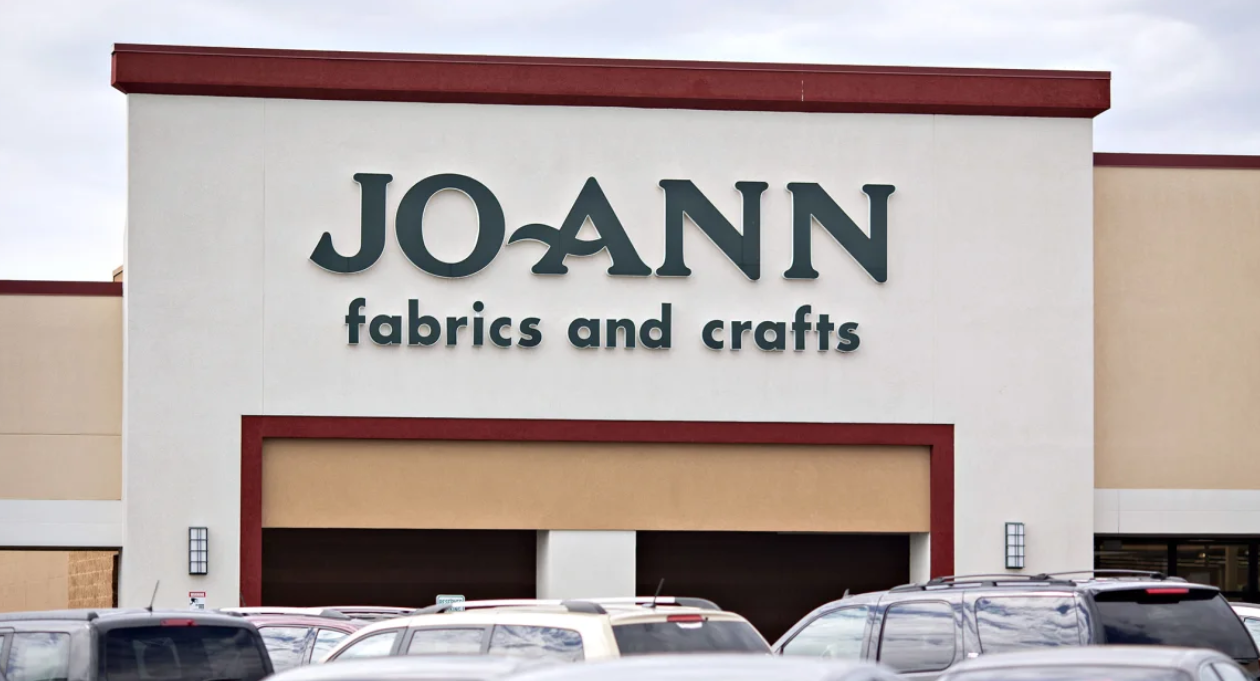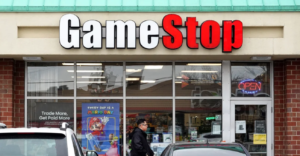Joann, the fabric and craft retailer, has filed for bankruptcy for the second time within a year, citing poor sales and inventory problems as the primary reasons behind the move. The company, which has been in business for 82 years, initially filed for bankruptcy in March 2024 and emerged a month later as a private company, continuing to operate all its stores.
The retailer revealed that unforeseen issues with its inventory, including a complete halt in the production of key items, led to a significant decline in sales. This, combined with its $615 million debt, put the company in a financially unsustainable position.
Joann’s struggle is part of a broader trend of physical stores facing financial difficulties as consumer habits shift. Inflation has caused shoppers to reduce discretionary spending, and the post-pandemic surge in spending has ended, putting pressure on businesses that were already struggling before 2020.
In a statement, Joann’s interim CEO Michael Prendergast acknowledged the tough retail environment over the past few years, noting that the combination of these challenges and their current financial troubles led to the decision to file for bankruptcy once again.
Joann is now looking to sell most of its assets, with Gordon Brothers Retail Partners, who recently acquired a large portion of Big Lots, acting as the initial bidder at an undisclosed price. However, if Joann receives a higher offer, it could choose to sell to a different company.
John Bringardner, head of the research firm Debtwire, believes Joann made a mistake by not closing some of its stores during its first bankruptcy filing and predicts the company will likely end up liquidating soon. He explained that if Joann cannot secure a higher bid during the bankruptcy auction, Gordon Brothers Retail Partners will take control and likely begin closing sales, with many employees expected to be laid off.
Despite the challenges, Joann’s interim CEO Michael Prendergast reassured that the company remains committed to supporting its customers—sewists, quilters, crocheters, crafters, and other creative enthusiasts—and will continue doing so throughout the process.
While Joann’s stores and website remain operational during the sale process, employees will continue to receive pay. The retailer’s revenue has been declining in recent years, with a brief surge during the pandemic when more people turned to arts and crafts while at home. However, that boost has since subsided, and many loyal customers have shifted to competitors like Hobby Lobby and Michaels.














